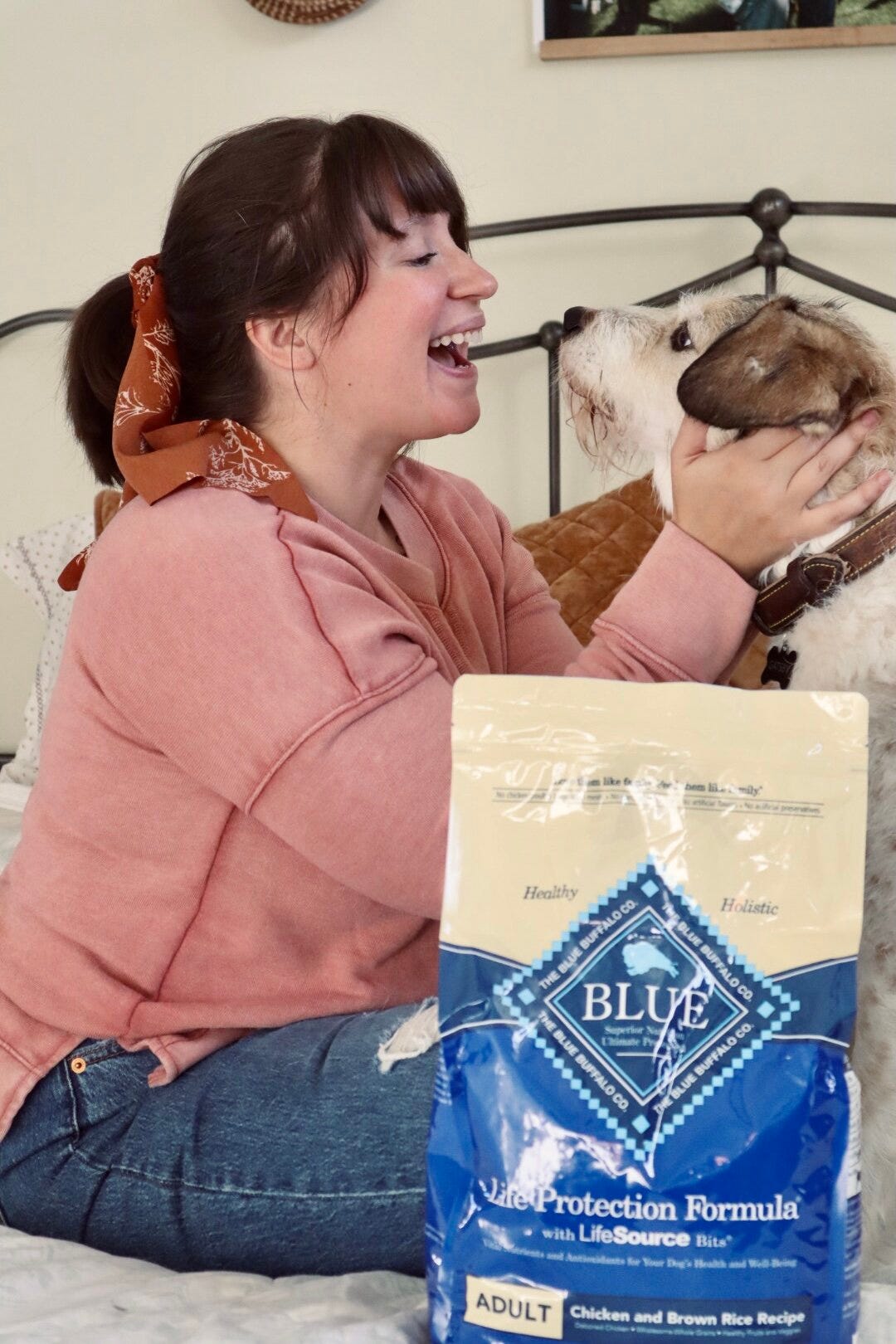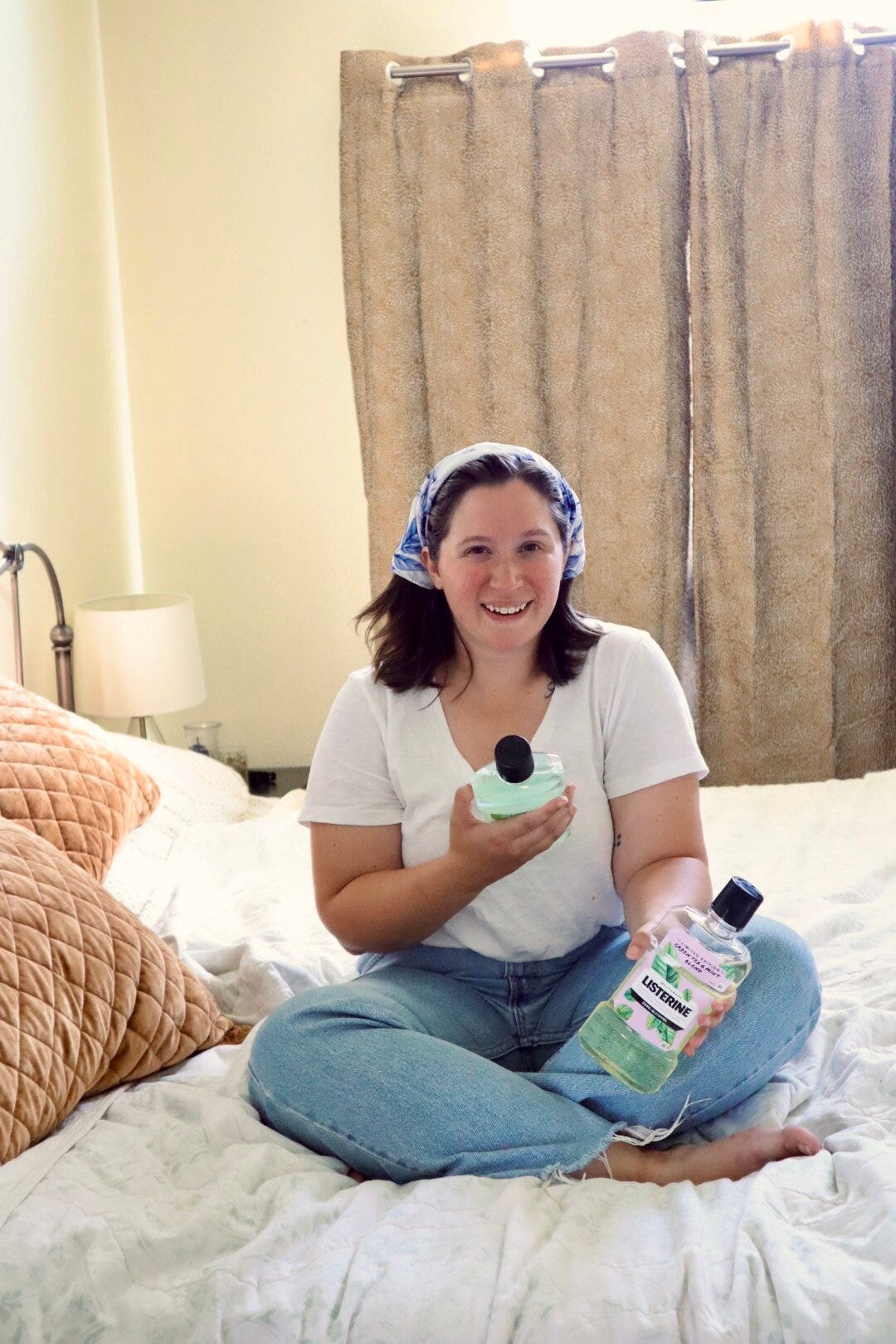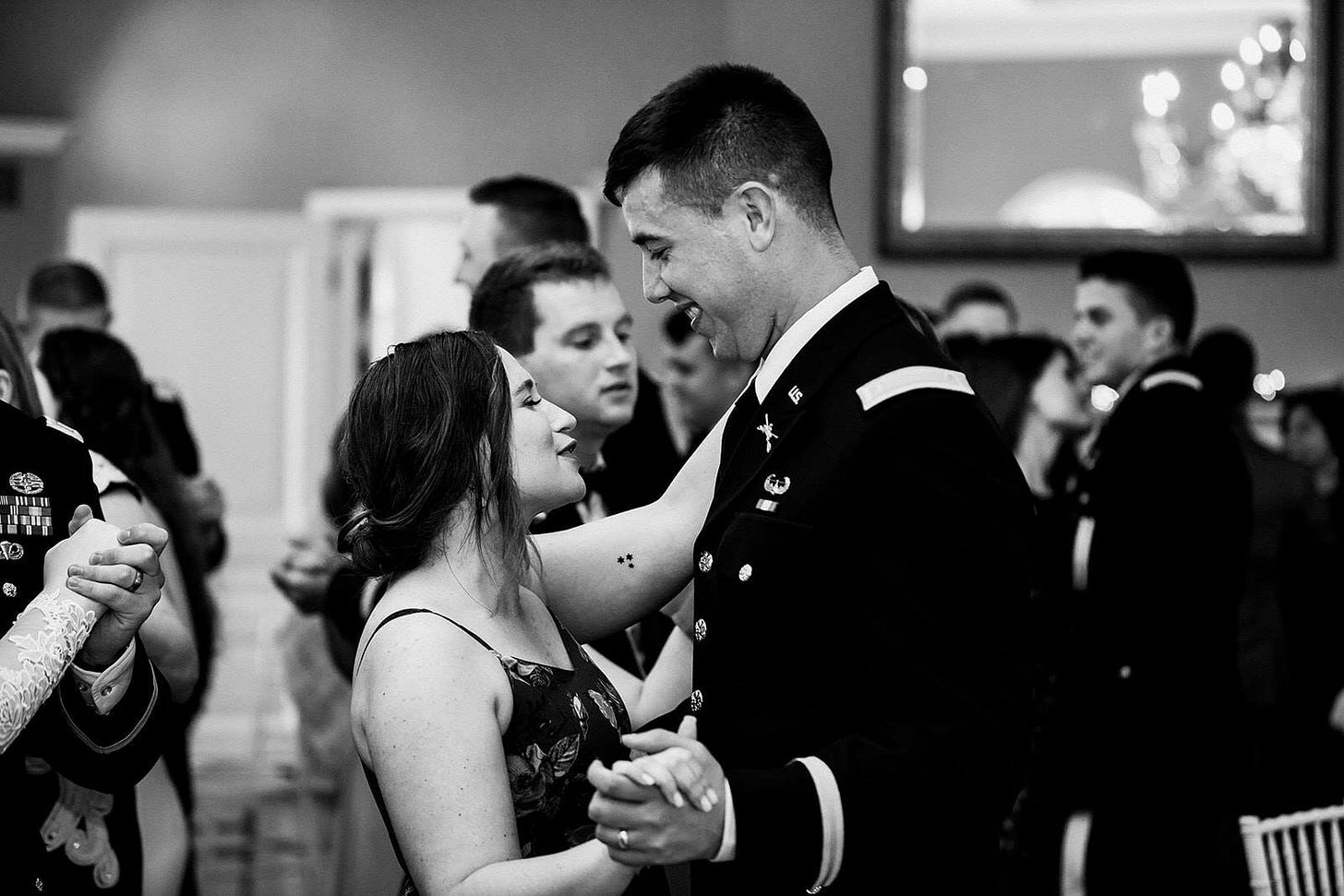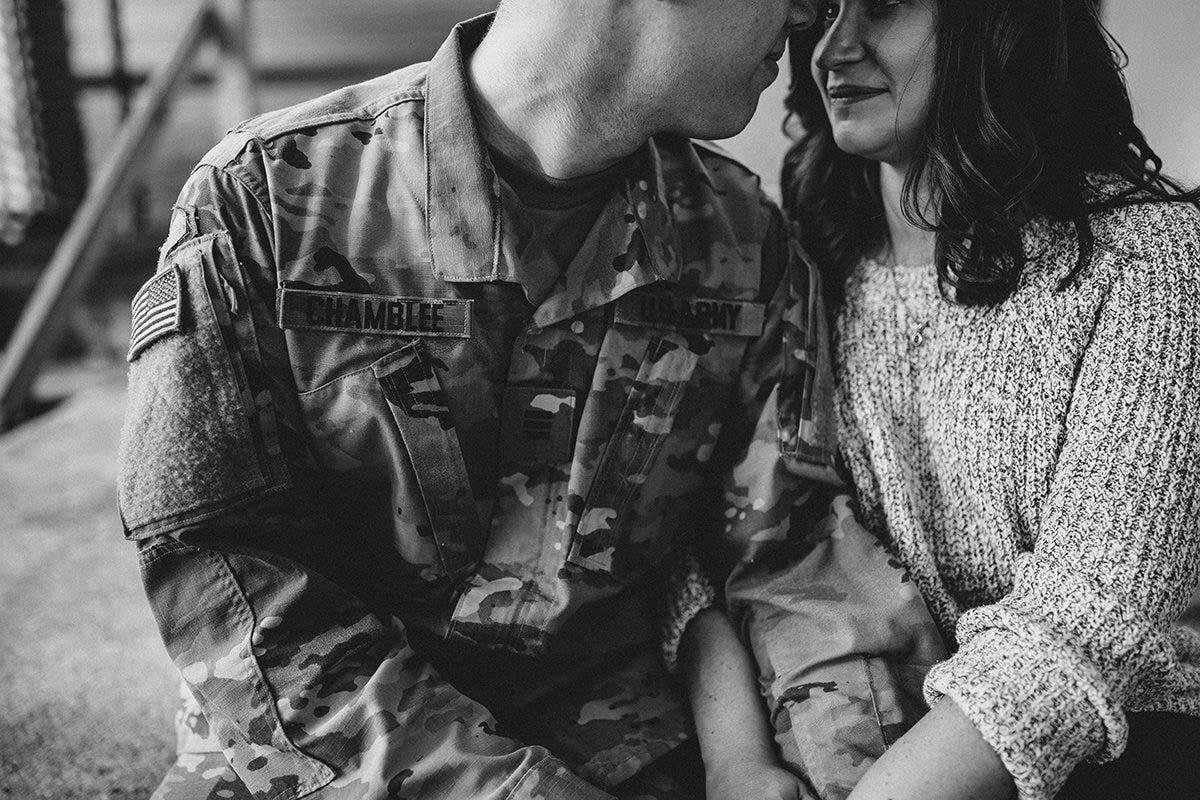Life as a Military Spouse when you have an Anxiety Disorder
If there is one thing being a new military spouse has taught me it’s that you have to learn how to be flexible as a military spouse. That is hard for normal functioning adults, let alone someone who suffers from anxiety. I’ve only been a military spouse for a short time and I haven’t nearly the amount of experience that some seasoned military spouses have but I felt called to share about my experience (so far) with living life as a military spouse when you have an anxiety disorder.
Since I started putting myself out there on the internet and social media, I have not tried to hide the fact that anxiety is something I struggle with on a day to day basis. In fact, over the nearly six years since I received my diagnosis for Generalized Anxiety Disorder, it has truly become simply part of who I am. It can be difficult to explain to someone, like your spouse or partner, what living with anxiety is really like. Throw in all the added stress and uncertainty that often comes with military life and you’ve got one solid recipe for disaster!
When my husband and I got married, I intentionally wanted to approach military life from a way that wouldn’t let my anxiety control me. I had, after all, been coping with it in my day to day life for 6 years so why should the circumstances of our marriage and the introduction of “the real Army” change things? While I’m happy to report that my anxiety hasn’t been truly that affected by military life, I know there are others out there who might not be so lucky.
There are days, weeks, and even months when living life as a military spouse with anxiety has reached a fever pitch. Two instances I can think of both center around the birth of our first child and not knowing where my husband would be, whether we would be moving or not, etc. In the grand scheme of things, these issues are totally minor compared to some circumstances we may encounter in military life but I am glad we experienced them because now we know how to get through them together.
So how do you survive life as a military spouse when you have anxiety? The key thing for me to remember is that there is really only one thing the military life guarantees (most of the time) and that is change. We change our locations frequently, sometimes at the drop of a hat, moving dates and training plans that should be seemingly set in stone often change with a moment's notice. I realized quickly that military life would always require us to be in a constant pivoting state and that has what has helped me handle my anxiety so far.
Think about moving furniture for a second (yes, I know we’re all picture the famous Friends episode right now, just roll with it). You and your partner are a team, working together to move a piece of furniture. The easiest way to maneuver together is to pivot. Can’t get through the door? Pivot. Need to angle the furniture around a corner? Pivot. The military decides to send your spouse away to training at the last minute? Pivot. Thought you were about to PCS one place only to get told you’re now moving to another location? Pivot. Do you see what I mean?
Remember this if you’re a military spouse with anxiety: You can’t pivot alone.
Okay, maybe you can but the road to getting that piece of furniture where you want it by pivoting on your own will definitely be more difficult than with your team. I’ve learned through our time here at Fort Benning that plugging into the community and centering yourself around a great group of friends is critical to living life as a military spouse when you have anxiety. So do what you need to do to create a team that can help you pivot when military life gets hard.
Remember to talk to your spouse or partner about how you’re feeling. It can be so easy for military spouses to push their own feelings aside when we feel like we need to keep ourselves together for our soldiers and our families but trust me, your partner wants to know when you’re feeling anxious. Teach them the coping mechanisms that help you and walk them through what they can do to help ease your anxiety about certain situations. For example, my husband and I are set to be PCSing across the country pretty soon after the birth of our first child. I know that I will be occupied with the baby and won’t really be able to manage the move. Talk about something that triggers anxiety! So we’ve come up with a flexible plan that includes a list of things he needs to find information about or get taken care of around the time the baby is due so that I don’t have to worry about worrying about those things.
Most importantly, remember that it is okay to ask for help from a professional. As I said, we as military spouses tend to shove our own feelings and needs under the bed for the sake of our soldiers and our families but if you’re feeling seriously overwhelmed, it’s okay to ask for help! If you’ve reached a point that your anxiety is no longer manageable, you need to get help and that’s okay. You’re not alone in this and seeking the help you need from trusted sources does not mean that you are weak or not cut out for military life.
Being a military spouse is hard. Being a military spouse who battles with anxiety is harder. But if there is one single thing you take away from reading this, I hope it is that you remember that you are not alone. There is a tribe of us here and all are welcome. Below I’ve included some resources available to military spouses who may need help with their anxiety in case anyone reading these needs those.
Resources for Military Spouses with Anxiety:
Tricare self-referral: “You don’t need to get a referral or prior authorization for any outpatient mental health (except psychoanalysis) and substance use disorder (SUD) care. This includes services like therapy and counseling.” The Tricare website includes a ton of information about Mental Health Care, including a list of available programs and resources for you to check out depending on your situation.
Military and Family Life Counselors through Military One Source: “Confidential non-medical counseling addresses issues such as improving relationships at home and work, stress management, adjustment difficulties, parenting, and grief or loss.” Non-medical counseling services are available face-to-face, by telephone, online and video.
Family Advocacy Program: “The program provides support and resources to help families develop and sustain healthy, strong relationships. They can provide individual, couples or family counseling, as well as support groups and other resources.” Also has the ability to refer at-risk individuals for other mental health treatment.
Chaplains: Whether you’re religious or not, Military Chaplains are all trained counselors. They offer confidential service and can provide referral services for concerns that require additional help.
Related Posts

Realistic Self-Care Tips for Military Spouses

How to Handle the Unexpected as a Military Spouse


5 Simple Ways to Celebrate Military Kids in April

Surviving Life Below Zero - Alaska Life, Lately Vol. 2

How Adopting a Dog has Made Me A Better Military Spouse

How to Prepare for a Military Homecoming in 2020

Surviving the First Month of Deployment during a Global Pandemic

53 Pieces of Deployment Advice for Military Spouses

The Military Wife by Laura Trentham - Household Six Book Club Pick, January 2020




